Policies of US, Australia, Canada threaten 5C climate change, study finds
A new study has found that the climate policies of the United States, Australia, China, Russia and Canada would exacerbate the issue of global warming and raise the world’s temperature high above safe levels by the end of the century.
The research study, published on Friday in the journal Nature Communications, warned of a “collective lack of ambition” by the aforementioned nations that threatened to exceed global temperatures above a catastrophic 4-5C compared with pre-industrial levels.
The survey, conducted by researchers at the Australian-German Climate & Energy College, University of Melbourne and Potsdam Institute for Climate Impact Research, said that even the European Union countries are on course to more than double the 1.5C that scientists say is a moderately safe level of heating.
The data provided by the report showed that much of sub-Saharan was on track to fall well below the 1.5C target, with most at or below 1.2C
“The greenest countries on this assessment are the least developed,” Yann Robiou du Pont, co-author of the study, told The Independent.
“Given that they pollute so much less, have polluted so much less and have low per capita GDP, they could increase their emissions to some extent, and that would be fair,” he added.
“Some are performing significantly better than others. The EU does better than the US, Canada or Australia. But again, this only reviews the commitments, and does not say whether countries will actually meet them, or maybe even over perform,” Robiou du Pont noted.
The study is reported to help policy makers to assess what more needs to be done to meet the global emissions targets under the Paris Agreement.
The Paris climate pact was reached on November 4, 2016 and has been signed by 195 countries. One hundred and seventy-three of them have now formally ratified the agreement.
The Paris agreement seeks to avert climate change by limiting global warming to no more than 2 degrees Celsius (3.6 degrees Fahrenheit) above pre-industrial temperatures by 2050. It also sets out a goal of reaching a limit of 1.5 degrees Celsius, if possible.
The adopted text acknowledges that the risks of climate change are much more serious than previously thought. The deal is to take effect in 2020.
US President Donald Trump withdrew his country from the agreement last year, however, Washington continues to take part in climate negotiations and this has created an obstacle to any further agreement.
Washington has tabled a proposal with support from Japan and Australia that seeks to remove rules on how countries account for their climate action funding.
This would mean that developed economies – responsible for the lion's share of planet-warming-feeding carbon emissions – could still count commercial loans and pre-existing state funding as part of their finance obligations.
Critics of the proposal said the US and some other developed economies were refusing point blank to discuss the contentious issue of how rich nations inform other states of their future funding plans.
‘All wars have rules. All of those rules have been broken’ by Israel
VIDEO | Report flags India’s violation of rights of Rohingya detainees
Turkey's foreign minister meets Syria's de facto leader in Damascus
'Next to impossible' to rescue patients from Gaza's Kamal Adwan Hospital: Director
VIDEO | Vietnam current prosperity
Report blames gasoil exports for shortage at Iranian power plants
VIDEO | Hind Rajab Foundation names Israeli war criminals vacationing after Gaza genocide
VIDEO | Australians rally for Gaza ahead of Christmas festivities


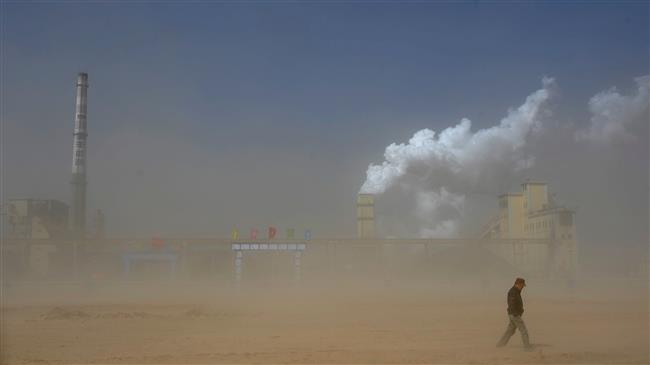








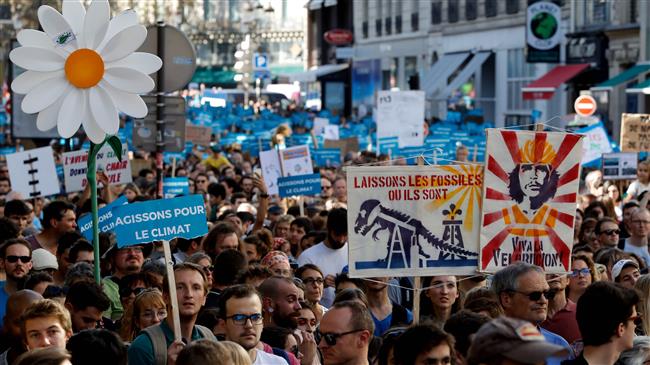
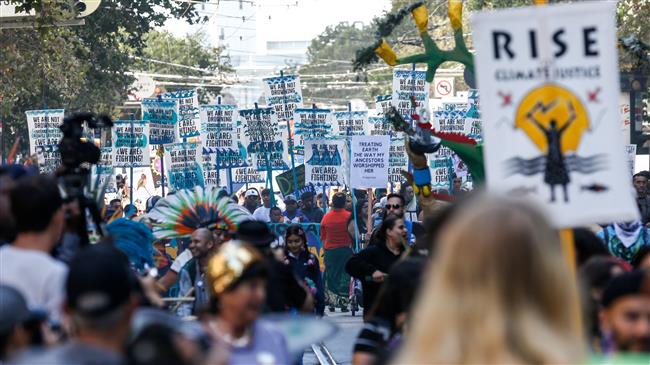
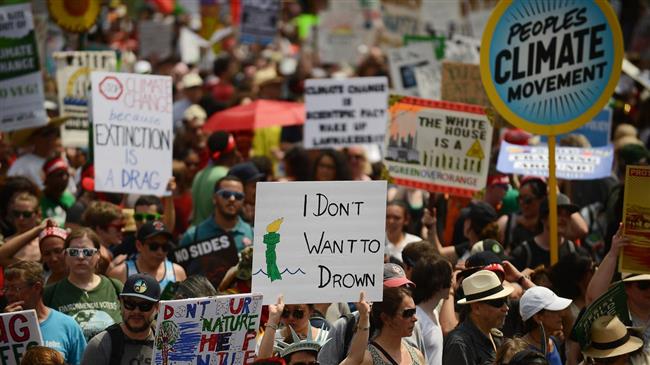
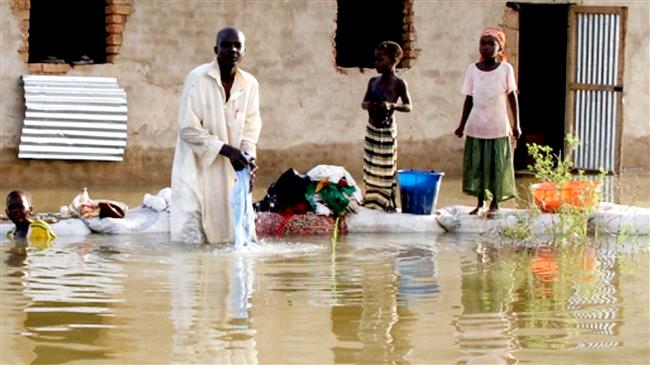
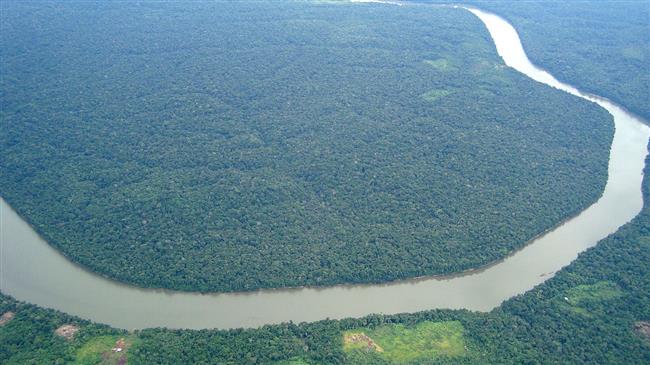

 This makes it easy to access the Press TV website
This makes it easy to access the Press TV website